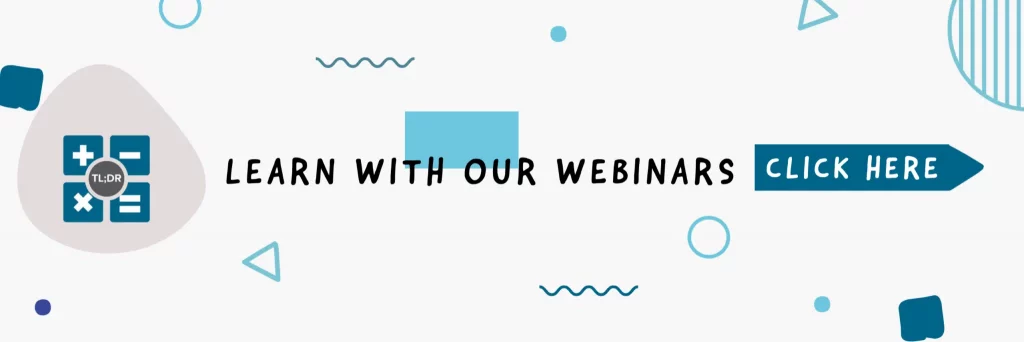Business partners. When you think of partnerships, maybe it conjures images of business suit-clad professionals shaking hands while beaming at each other in excitement, followed by a quick-cut montage of them building their business step-by-step, played along to the beat of heart-pumping 80’s music.
Or maybe that’s just me.
A Partnership is a business entity that is formed as a way for two or more people to pool their money and skills together, and to share the profits and losses of the entity.
This is to be distinguished from a Sole Proprietorship which is just you doing business by yourself, either using your own name or using a business name.
Note that if you are married to your business partner, then in some states, including Washington State, the marital community of you and your spouse will count as a Sole Proprietorship.
Partnership Types
The most basic, default partnership type is called a General Partnership. This is the kind of entity that can be automatically created if you just start pooling resources and working with another person without forming any kind of agreement.
In a General Partnership, all partners are considered to be General Partners. So far so good. General Partners are partners who are empowered to make management decisions for the company, and to sign documents, such as loans.
Now let’s say that you’re excited to start a partnership and you have the talent and skills, but you don’t have enough money! In this case you might consider taking on a Limited Partner. A Limited Partner is an investor in the company. Limited partners contribute money and capital into the company, and share in profits, but they do not make management decisions and are not personally liable at all in the partnership. Much like when you purchase stock in a company, the Limited Partner can only lose up to the amount of money they put into the company.
In short: General Partners will succeed together or “go down with the ship.” Limited Partners helped to buy the ship, but they can scoot away in a lifeboat if the ship sinks.
Pros and Cons of Partnerships
The partnership is one of several different kinds of businesses that you can form with your business partners. What are the pros and cons of partnerships?
Pros:
- The Partnership is the easiest entity to form with other people.
- You are not required to establish a rigid corporate structure with officer titles like President or Treasurer.
- There is no need for corporate formalities like board meetings and bylaws, so you can rejoice! Partnerships do not require any of this sort of thing.
- Business losses are divided between all partners.
- Your share of most losses can be deducted on your personal tax return.
- You have the option to bring in Limited Partners if you need cash, and the fact that they enjoy limited liability can help you to attract investment.
Cons:
- The big con: All General Partners are personally liable for business debts. This con is strong enough to scare quite a lot of people away from partnerships!
- You can’t assign ownership percentages to general partners. Everything is simply divided down the middle.
- Much like a marriage, you are responsible for every debt that your partner signs up for, even if you weren’t there at the time. Make sure you really trust your partner!
- On that note, disagreements between partners can sink a partnership, especially if there’s no solid partnership agreement document.
- Because you can’t issue stock, it can be difficult to attract multiple limited partners.
- Some lenders will want a more formal business entity for loans.
TL;DR: A Partnership is like a marriage in many ways. They can be started quickly and with very little paperwork or formality, and all property and profit are split down the middle. Just make sure you trust your partners to the ends of the Earth, because, much like a marriage, YOU are also responsible for everything they sign!






